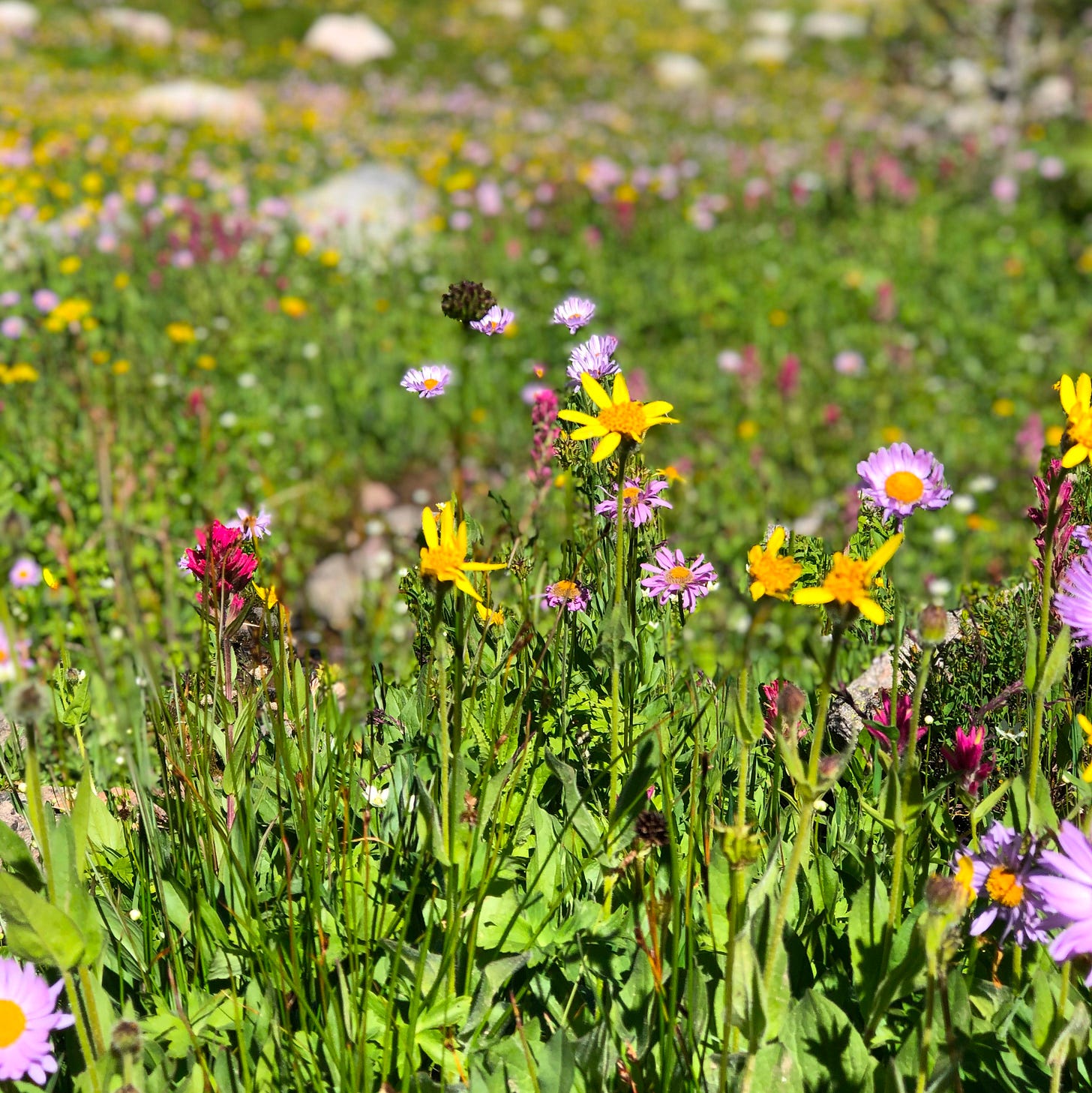It’s a funny thing, having a career in the sciences. Studying the human body—feedback cycles, muscle fibers, neuronal pathways—is a facts-based mission. It is a collection of information, a pilgrimage of memorization. Once the foundation is settled, the abnormals are added to the mental encyclopedia, opening up a whole new world of lung sounds and lab values.
After all the head knowledge is crammed in, perhaps through an ear or a sleepy eye, the real practice begins. Stethoscopes and pen lights are wielded like detective tools, seeking out suspicious evidence of cardiac disease or cells that ought not to replicate so quickly. Heart sounds are learned and learned again; murmurs are graded and deep tendon reflexes are clumsily hammered at.
All of the effort put into learning the foundations of the human body culminate in documenting all the findings. We must translate facts, not perception. We learn to efficiently sift through all the information we gathered, discarding our subjective perspective, boiling it down to the measurable, audible, palpable findings.
Such an overabundance of objectivity can slowly cripple a person’s ability to pause and marvel every once in awhile.
I drown a bit, sometimes, in all the facts around me. The objectiveness of life. As the sun sinks lower, the next day’s troubles loom large. My mind drifts to all the factual tasks, the hills to climb and the trials to be faced. There seems to be no time for anything subjective, and really no point in reflection. These realities stack up, a bookshelf of textbooks declaring truths and laws, blotting out all the beauty. Facts are useful, but facts are not beautiful without a bit of whimsical reflection.
What is the point of wondering at the world when life is moving at the speed of light? Why should we fraction off any piece of our precious time to pause and admire a sunrise? This is a race1, after all, and a military endeavor2.
In the midst of gloom and hardship, responsibilities and mundanities, what is the point of beauty? Is there anything to help all the misery in this fallen world by dancing to the fiddle song, delighting over the taste of peaches, or delving into an intricately woven tale of elves and mountains?
“Vanity of vanities! All is vanity.3” moans Facts.
Wonder whispers back, “Perhaps there is a little beauty left yet.”
The purpose of wonder is to point to Who created all the beauty. It is to remind us that even in the darkest of valleys, He adorns the path with wild lupines. The truths created by a wondrous God are not only factually accurate, they are magnificent to dwell upon, and splendid to behold.
When we trudge through life, collecting facts and acknowledging the stark truths of life, but neglect the very joy that stems from the objective, we miss out on all the fun of life. There are good gifts all around us, and it is good for us to enjoy them and praise the God who creates children’s giggles and alpine lakes, chocolate chip cookies and bluebirds.
The anatomy textbook details the function of alveoli, the air sacs in the lungs. These structures expand and collapse with each breath, serving as the site for the life-sustaining cycle of oxygen and carbon dioxide exchange. Concentration gradients allow for particles to permeate between structures, carrying oxygen to the smallest of living cells, sustaining life4.
Alveoli are marvelous. Their function, unnoticed until impeded, allows each of us to go on respirating. They are humble little structures, divinely made to serve their purpose well.
I am flabbergasted that anyone can take an anatomy and physiology course and not surrender their life to the One who wove cranial nerves into existence. How can anyone learn about the miraculous events that must align perfectly to create a human life, and not marvel that any one of us are here, still alive and walking around? Not to mention all our needy functions, requiring just the right levels of sodium, calcium, oxygen, and glucose, lest we degrade like paper in a rainstorm?
It is a wonder that neurons fire, that speech exists, that we can will our hand to move and it complies. We breathe without even thinking about it!
We can know a thing and not delight in it. This is a tragically common malady, plaguing many. I fear it is contagious. The primary symptom is pride, the secondary symptoms are judgment and contempt for the lost. This disease is best assessed by thorough examination of the heart, revealing the depths of sclerosis therein.
We can know about God and not delight in Him. What a heart-wrenching tragedy this is.
May we wonder at the ordinary. Dwell on the alveoli and the orange peel and the way eyes can say more than words. Soak up the smell of pine trees and how campfires make everyone a cowboy. Sing the silly songs at the top of your lungs and be amazed that newborns know to make eye contact.
Remember that there is a season for everything5, and He makes everything beautiful in its time6. Our days are numbered and are not to be wasted. Trials remind us that we will all die one day; wonder reminds us that eternity exists.
Study the doctrines describing our Maker and worship Him with all your heart, soul, and mind7. Know God and wonder at Him.
May all seasons lead to praise.
Hebrew 12:1, ESV
Ephesians 6:10-20, ESV
Ecclesiastes 1:2, ESV
Saladin, K. S. (2015). Anatomy & physiology: The unity of form and function (7th ed.). McGraw-Hill Education.
Ecclesiastes 3:1-8, ESV
Ecclesiastes 3:11, ESV
Matthew 22:37, ESV







You have the gift of words that sing. ✨ I’m happy to have found your work. (👋🏾 from a fellow adoptive mamma and writer in the margins)
I loved all the anatomical talk mixed with the beautiful ordinary things. What a lovely comparison. I didn’t realize medical talk could wielded in such a creative way:
“Deep tendon reflexes are clumsily hammered at.” What a picture!